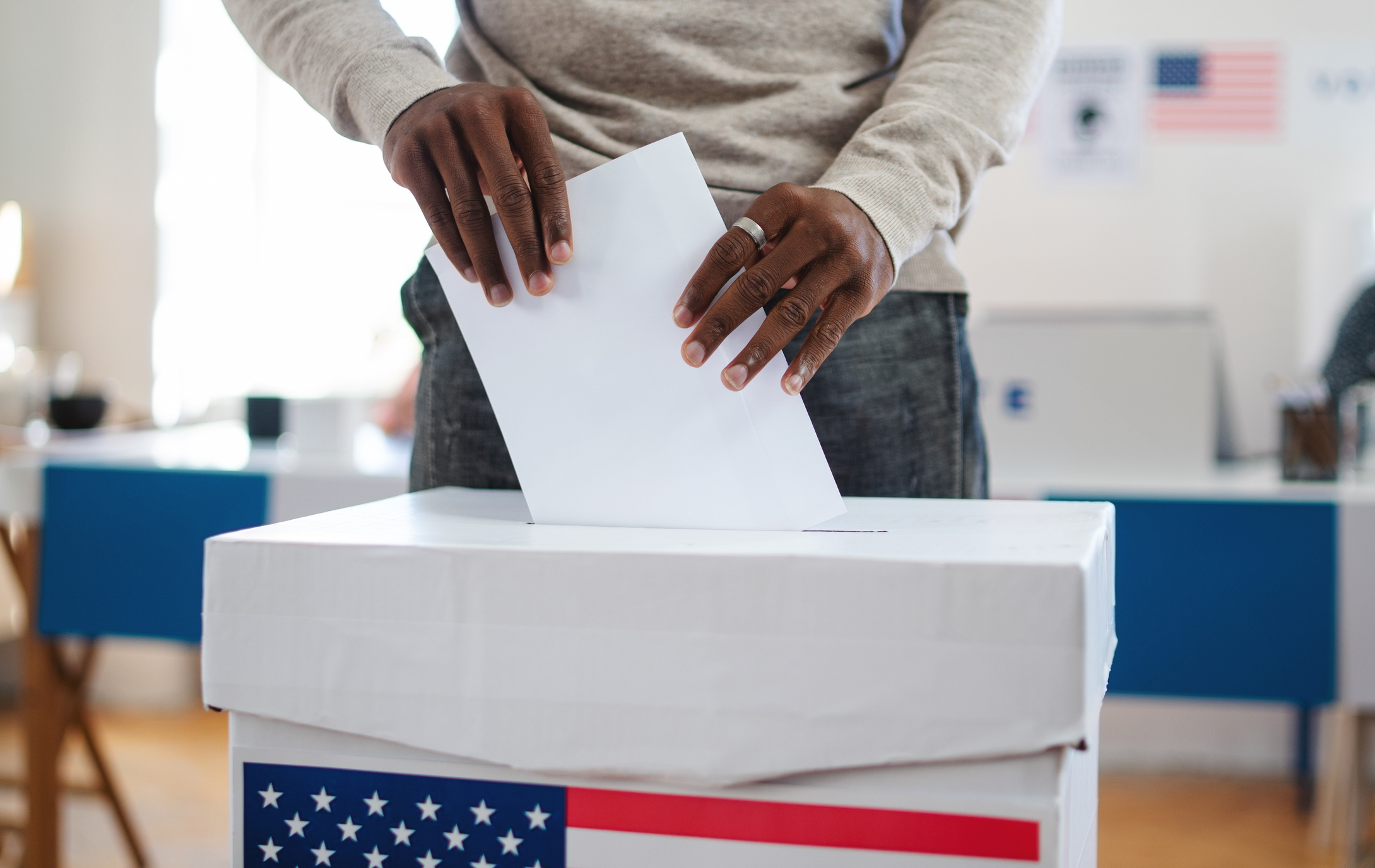59 security experts reject Trump’s election fraud claims as ‘incoherent’

Written by Sean Lyngaas
A group of 59 computer scientists, researchers and cybersecurity experts on Monday released a letter rejecting President Donald Trump’s claims of widespread electoral fraud as “technically incoherent” and “unsubstantiated” in the latest rebuke of Trump’s campaign to undermine public confidence in the election results.
“We are aware of alarming assertions being made that the 2020 election was ‘rigged’ by exploiting technical vulnerabilities,” wrote the group of experts, which included Matt Blaze, a cryptologist and professor at Georgetown University, and Alex Stamos, the former security chief at Facebook. “However, in every case of which we are aware, these claims either have been unsubstantiated or are technically incoherent.”
Since multiple media outlets, including Fox News and the Associated Press, on Nov. 7 projected Joe Biden as the winner of the presidential election, Trump and his allies have continuously made false claims of election fraud. The director of the Department of Homeland Security’s Cybersecurity and Infrastructure Security Agency has debunked the president’s conspiracy theories while mostly avoiding mentioning Trump by name.
“Anyone asserting that a US election was ‘rigged’ is making an extraordinary claim, one that must be supported by persuasive and verifiable evidence,” the security experts wrote in their letter. Trump and his allies have provided no such evidence, and lawyers representing the Trump campaign in court have consistently failed to convince judges of their arguments.
“Merely citing the existence of technical flaws does not establish that an attack occurred, much less that it altered an election outcome,” the letter says. “It is simply speculation.”
Blaze and other signatories of the letter released Monday founded the Voting Village, a section of the annual DEF CON cybersecurity conference that allows researchers to find vulnerabilities in voting equipment so they can be fixed. Trump has in recent days repurposed videos from the conference in an effort to amplify his attack on the election.
Joseph Lorenzo Hall, a senior vice president at the Internet Society and one of the letter’s signatories, said Trump’s invocation of the Voting Village was one reason he wanted to speak out.
“It’s been hard to see legitimate security research weaponized like this,” he said. “This is 20 years of my work, the work of the election security community, that has had one single goal: to make our elections stronger and more secure.”
The White House referred a request for comment on the letter to the Trump campaign. The campaign did not immediately respond Thursday to a request for comment.
The New York Times was first to report on the letter.
<!–


